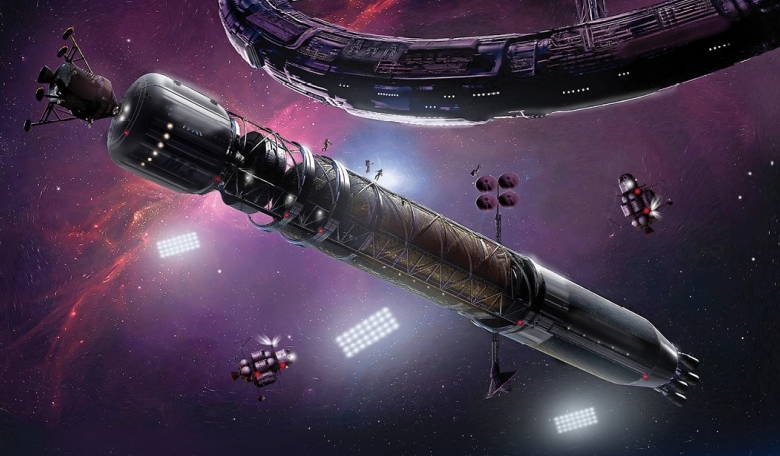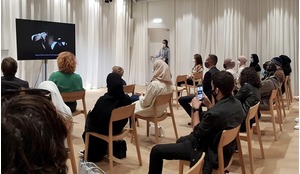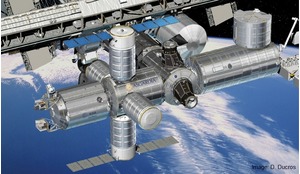The world’s first space nation announced its first small step towards a giant leap into the future at a press conference in Hong Kong on 13 June 2017 when a team of international scientists, academics and entrepreneurs revealed concrete plans for the launch this fall of Asgardia-1, the fledgling state’s inaugural satellite. The announcement was made by Asgardia’s Founding Father and Head of Nation, Dr Igor Ashurbeyli, one of the world’s most distinguished rocket scientists. The satellite launch will mark the first significant tangible step in the foundation of Asgardia, which is planned to be independent of any Earth-bound country but subject to international law.
Whilst it eventually plans to operate a futuristic Earth orbiting space complex, Asgardia’s first satellite will store data for the nation’s newly selected citizenship to the first one and a half million people who adopt the Constitution of Asgardia.
Asgardia-1 will be deployed from Orbital ATK’s Cygnus OA-8 resupply spacecraft due to launch this fall to the International Space Station (ISS). The nano satellite is 10 x 20 x 20 cm and has eight batteries and four deployable solar arrays, and it will orbit at up to 500 km above Earth. Texas-based space services firm NanoRacks is the satellite’s prime contractor and operator.
Speaking in Hong Kong to 36 journalists representing mainstream and social media, as well as hundreds from around the globe who logged into the live broadcast, Dr Ashurbeyli said the satellite is a first step to fulfilling his plans to create a planetary-defence constellation to help protect Earth against asteroids, solar flares and human-made space debris.
Find out more about the Asgardia-1 launch and the world's first space nation in the full version of the article, available now to our subscribers.














